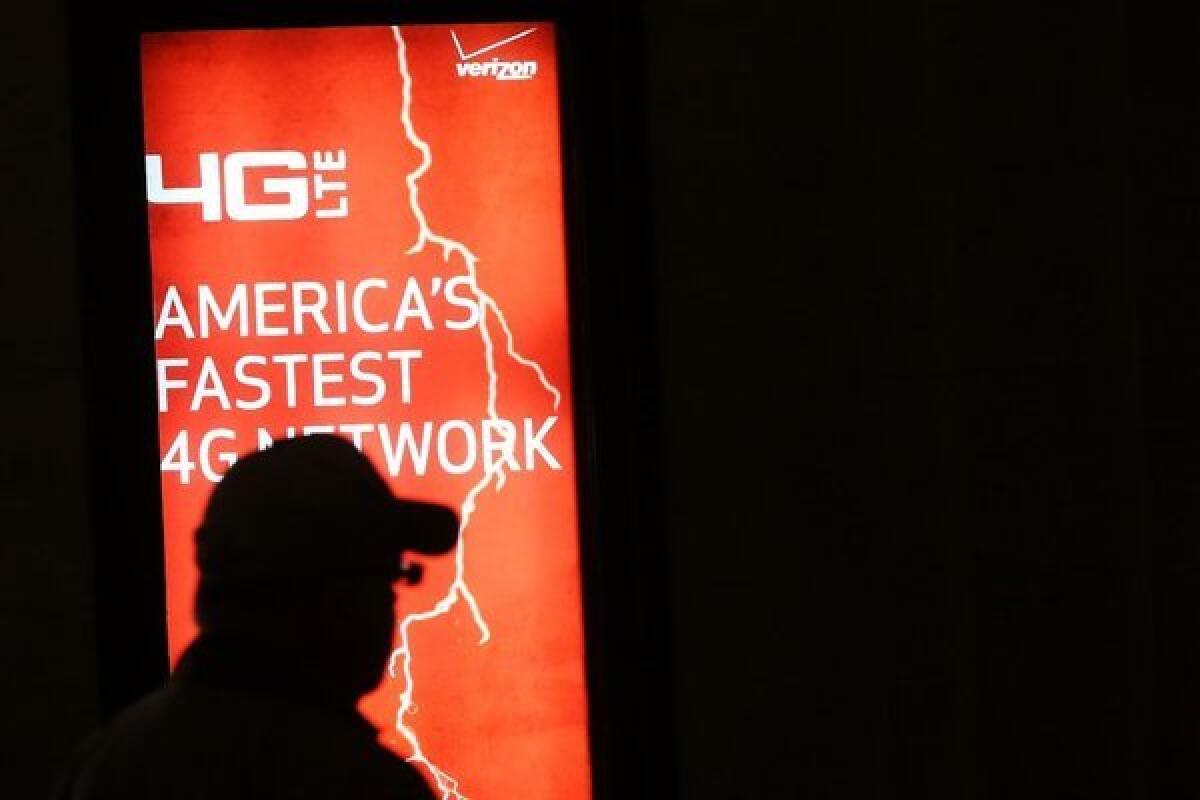NSA leak and armored-truck robbery: the odd Florida connection

A federal judge in Florida said this week that she would review the constitutionality of the National Security Agency’s collection of Americans’ phone data after a man accused of masterminding an armed-truck robbery asked for his NSA phone data in hopes the information would help his case.
Last week’s revelations by Britain’s Guardian newspaper about a series of top-secret NSA information-gathering programs -- which included the wide-scale collection of Americans’ phone records and data from wireless providers -- have already provoked wide debate, including a lawsuit from the American Civil Liberties Union challenging the phone-monitoring practice.
But a swift if unexpected request to legally examine the NSA’s longtime phone data program emerged out of south Florida from a criminal defendant named Terrance Brown.
On Oct. 1, 2010, a Brinks armored truck was delivering almost $400,000 to a Bank of America in Broward County when two men shot and killed a Brinks deliveryman and took a bag of money.
Brown was accused by a codefendant of masterminding the robbery and serving lookout for the caper, as well as attempting a similar robbery Sept. 17, 2010. A car robbery thought to be perpetrated by the same group of thieves was committed in July of that year.
Three men, including Brown, were charged in the Brinks robbery, and opening statements in Brown’s trial began at the end of May.
Then on June 5, the Guardian published a top-secret Foreign Intelligence Surveillance Court order that forced wireless provider Verizon to hand over phone records and metadata on millions of customers on a daily basis -- an NSA program later confirmed on a widespread level by top officials.
That revelation prompted Brown’s attorney to file a motion requesting NSA data from his phone. (Whether the NSA actually has any data on Brown is unclear.)
According to court records, the other defendants’ phones have proved to be liabilities in the case, and an illustrative example of why the accumulation of phone metadata has frightened privacy advocates.
The FBI used phone data to compile maps and show that least one codefendant had apparently made calls in the same multi-block area where the robberies were committed.
Prosecutors got no such location data available for Brown before September 2010, however, because Brown’s phone provider, MetroPCS, apparently no longer held records that old.
On Sunday, Brown’s attorney, Marshall Dore Louis, filed a mid-trial motion asking the NSA to turn over Brown’s phone records for July 2010, because the NSA now appeared to be the only entity that still had the data.
“The records are material and favorable to Mr. Brown’s defense,” Louis wrote, adding that request was “not intended as a general fishing expedition.”
On Monday, U.S. District Judge Robin S. Rosenbaum asked the U.S. Department of Justice to file a response by Wednesday so that she could decide on Brown’s request.
“The Court regrets the short deadline for compliance, but notes that the evidence that Defendant Brown seeks pertains to a trial that has been underway since May 31, 2013,” Rosenbaum wrote in a ruling, adding that the request would have been “meaningless” if the government didn’t respond fast enough.
According to Rosenbaum’s ruling, when a defendant requests electronic information gathered under a Foreign Intelligence Surveillance Court order, she must ask the U.S. attorney general to respond to the request to argue whether revealing the records or holding a hearing about them would harm national security.
If the government files a response, Rosenbaum wrote, she would review any NSA data gathered on Brown in her chambers.
“The Court must conduct an in camera and ex parte review of the application, order and other materials to determine whether the surveillance of the movant was lawfully authorized and conducted,” Rosenbaum wrote of the NSA record-gathering.
She then said that if the government didn’t respond to Brown’s request, she “may conduct this inquiry in open court.”
A department spokeswoman had no comment when reached after-hours Wednesday evening, and online court records did not show that a response had been filed late Wednesday night. The Associated Press reported that Rosenbaum gave the government another week to respond to the request.
If the NSA really has data on Brown -- and if Rosenbaum decides that information was gathered unlawfully -- she would order the government to give him the information and bar prosecutors from using it in the trial, she said.
Rosenbaum added of Brown’s request, “Even if the Court determines that the surveillance was lawfully authorized or conducted, it must order discovery or disclosure to the extent that due process requires it, although the Court must otherwise deny the motion.”
ALSO:
Ariel Castro pleads not guilty in kidnapping case
Family says prognosis is good for girl’s adult lung transplant
Window washers stranded 45 stories up in Manhattan are rescued
More to Read
Start your day right
Sign up for Essential California for news, features and recommendations from the L.A. Times and beyond in your inbox six days a week.
You may occasionally receive promotional content from the Los Angeles Times.







